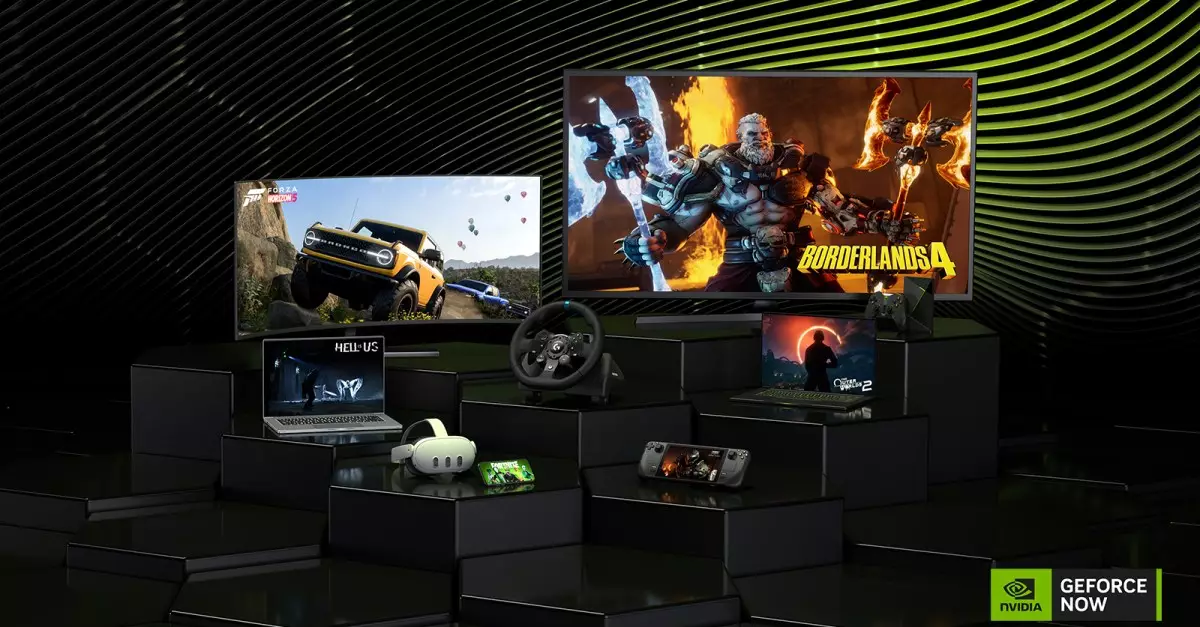The gaming industry stands at a pivotal crossroads where convenience, immediacy, and accessibility are becoming the new currency of success. Traditional methods of trying out a game—downloading patches, installing large files, or even purchasing on a whim—are increasingly seen as barriers rather than gateways. The latest innovations, spearheaded by giants like Nvidia, Discord, and Epic Games, aim to completely overhaul this process, making the dream of “try before you buy” more tangible than ever. This shift promises a more democratic gaming landscape, where players can explore titles instantly and with minimal friction, broadening the audience and accelerating discovery.
Innovation versus Resistance
The idea of cloud-based instant demos isn’t novel in theory. Past attempts, such as Google’s Stadia or the early visions of Gaikai, envisioned a future where players could jump into a game with a simple click. However, despite the technological promise, practical hurdles—namely publisher hesitation and technical limitations—have hindered mass adoption. Sony’s failed venture into seamless demos for the PlayStation 4 exemplifies how industry skepticism and internal resistance can stifle innovation, despite the consumer demand for easier try-out methods. The current partnership between Nvidia, Discord, and Epic represents a renewed attempt to bring this vision into reality, but it’s still an experiment fraught with challenges.
Promises and Pitfalls of Instant Demos
At a glance, the proposed system seems revolutionary—clicking a button on Discord to instantly experience Fortnite without downloads or lengthy setup time. Yet, beneath this promising facade lies complexity. Requiring an Epic Games account and offering only limited trial durations are subtle reminders that the technology is still in its infancy. Moreover, whether this functionality extends beyond special events like Gamescom remains uncertain, leaving many to wonder if this truly signals a paradigm shift or simply a tantalizing glimpse into what could be.
Implications for the Industry and Players
If adopted widespread, the impact could be profound. Developers would gain a more effective way to showcase their games, reducing barriers to trial and potentially boosting sales. Consumers could explore new genres and titles without committing prematurely, thereby fostering a more informed and content-driven audience. However, it also raises questions about monetization models and data privacy, as seamless demos could complicate traditional sales pipelines. The industry’s cautious optimism suggests that while this is an exciting step forward, it must be balanced with practical concerns and strategic planning to realize its full potential.
A Vision Worth Pursuing
Ultimately, the push for instant demos reflects a core truth: gamers crave more instant gratification, and developers must adapt to meet these expectations. While hurdles remain—whether technological, contractual, or cultural—the momentum is unmistakable. Embracing this new way to try before you buy could catalyze a more inclusive and dynamic gaming ecosystem, where access and experimentation reign supreme. If the industry can navigate the complexities with persistence and innovation, the dream of effortless, immediate gaming might soon become a standard, transforming how we discover and engage with interactive entertainment.

